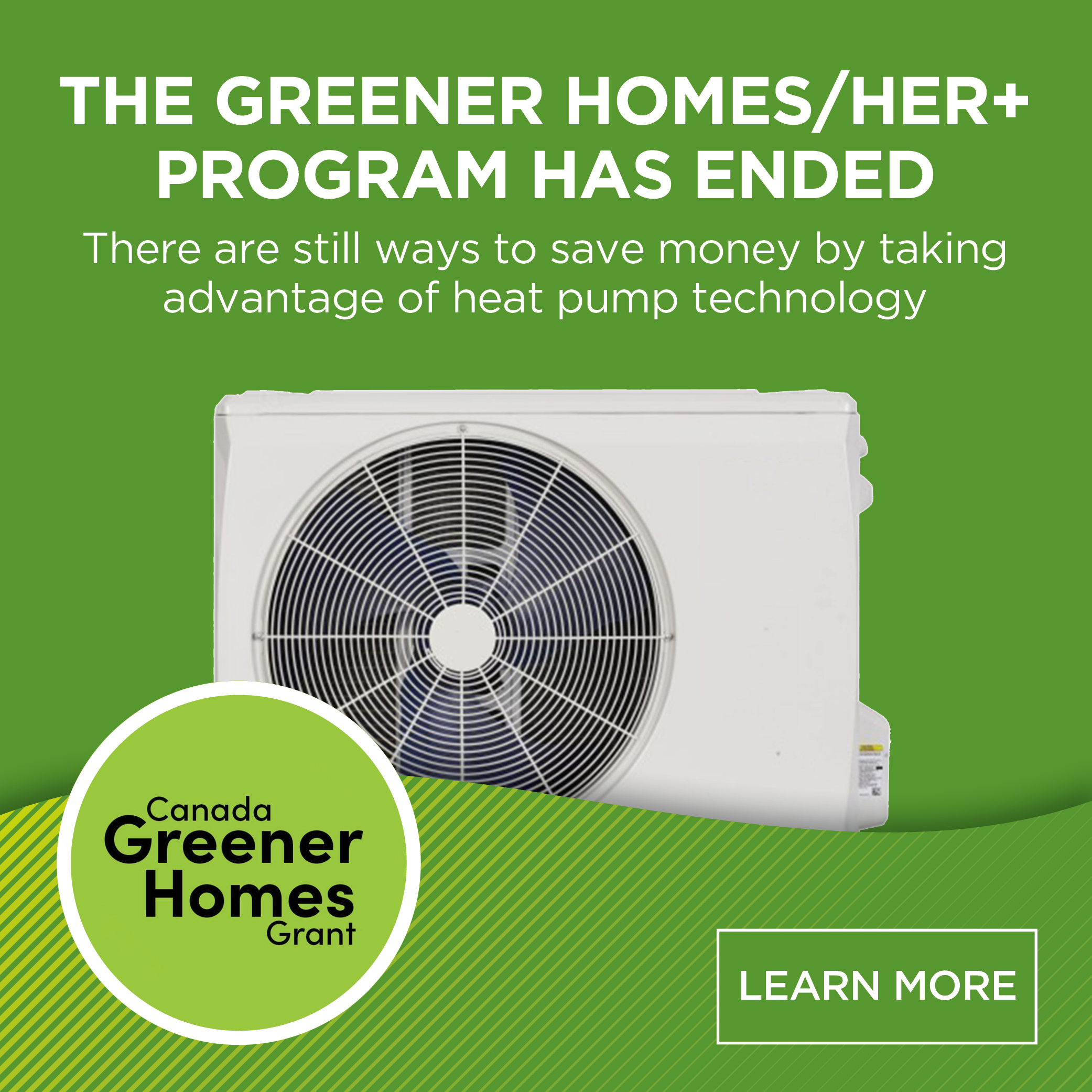
There are many kinds of air purifiers on the market and some confusion about how each type works and which is better for which purpose. Some air purifiers can capture small particles, others can handle smells; there is a lot to compare. Here is our guide to the different types of air purifiers, how they work, and their main benefit to homeowners.
Electrostatic Air Purifier
These air purifiers work by attracting small particles with electrostatic plates. They look like a filter made of several metal sheets. The particles end up stuck to the plates, which is convenient, but also means that the plates need to be cleaned regularly, or they can no longer attract particles and reduce the impurities in your air.
Ionic Air Purifier
Ionic air purifiers work by electrically charging particles in the air. The particles then get attracted to each other and clump together. While normally these airborne particles would be light enough to keep floating in the air, when they collect together, they get heavy enough to drop to the ground, where you can’t breathe them in.
UV Air Purifier
UV air purifiers clean your air with a completely different strategy. Instead of collecting debris in the air, these use ultraviolet light to kill bacteria, mold spores and viruses in the air. These filters are often used in combination with other kinds in order to provide broader coverage for other kinds of debris in the air.
Whether you are looking for an electrostatic air purifier or a HEPA filter we have the air quality solution you need to keep your family comfortable. Contact us today to learn more.
Activated Carbon Filters
Like UV air purifiers, activated carbon filters are often used in conjunction with other filters. Carbon, when activated, can absorb smells and gases from the air. They are typically better at absorbing smells. However, they get full quickly and can’t be cleaned out. Instead, you need to replace the carbon filter or cartridge completely.
Ozone Air Purifier
These air purifiers should not be used in homes, or any other space that is occupied. They create ozone in order to remove odors and other contaminants from the air, but it is not wise to be exposed to these high levels of ozone.

HEPA Air Purifier
HEPA filters are very fine filters that can physically remove very small particles from the air. A true HEPA filter can remove a very high percentage of all small particles, including dander, allergens, mold spores, bacteria, and more. HEPA filters also need to be cleaned or replaced. While they are more expensive than some other kinds of filters, they are highly effective.
Are you wondering which air purifier is best for you? At Lambton ClimateCare we will give you professional and personalized advice about which kind is right to target your specific air contaminants and which work within your budget. Reach out to us today.







